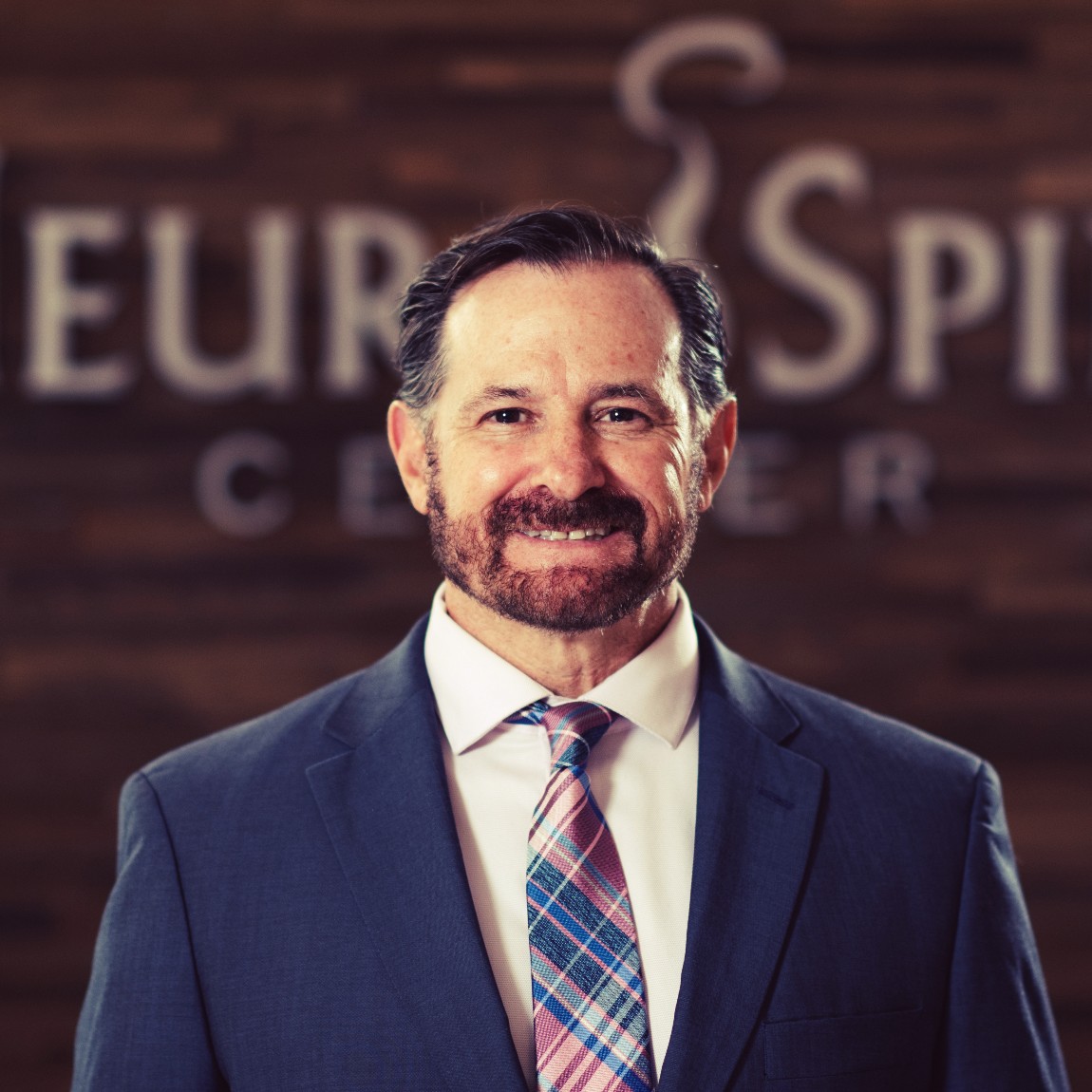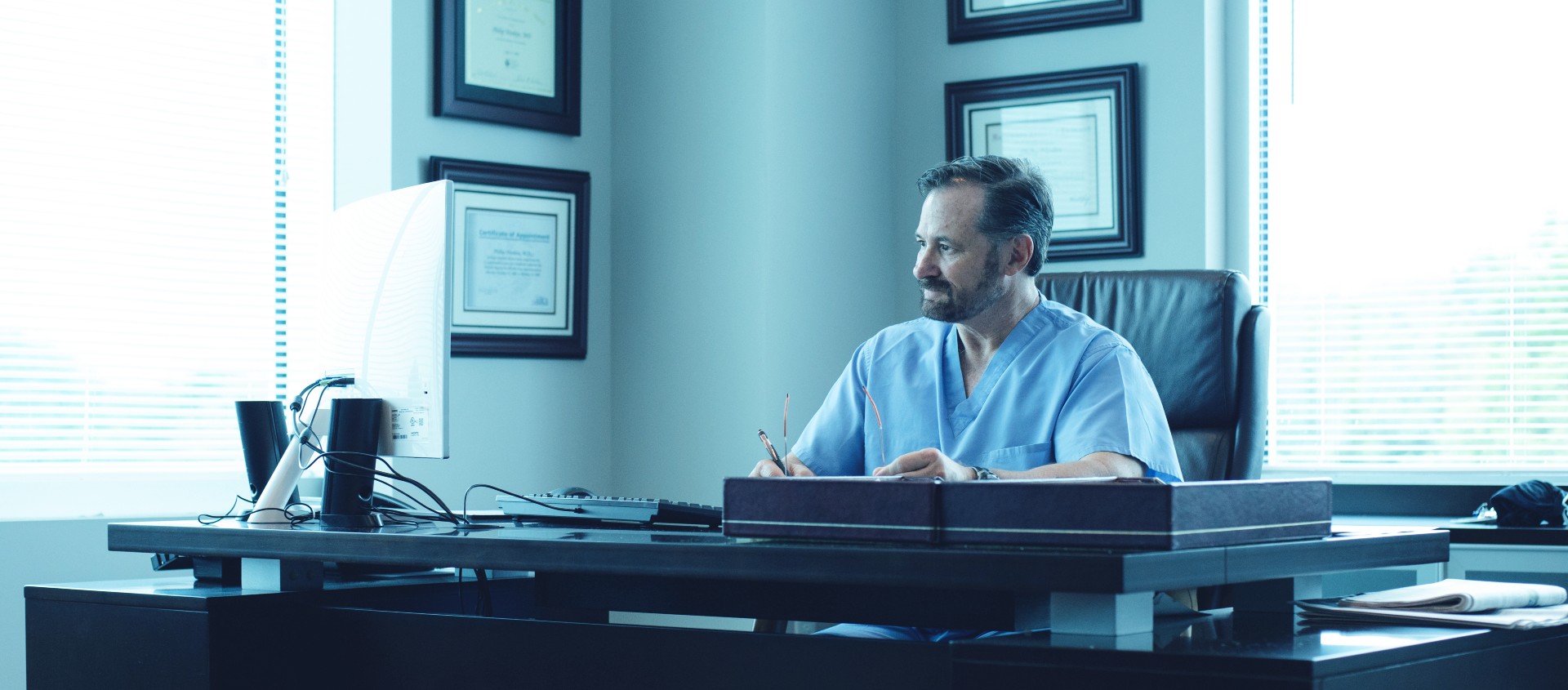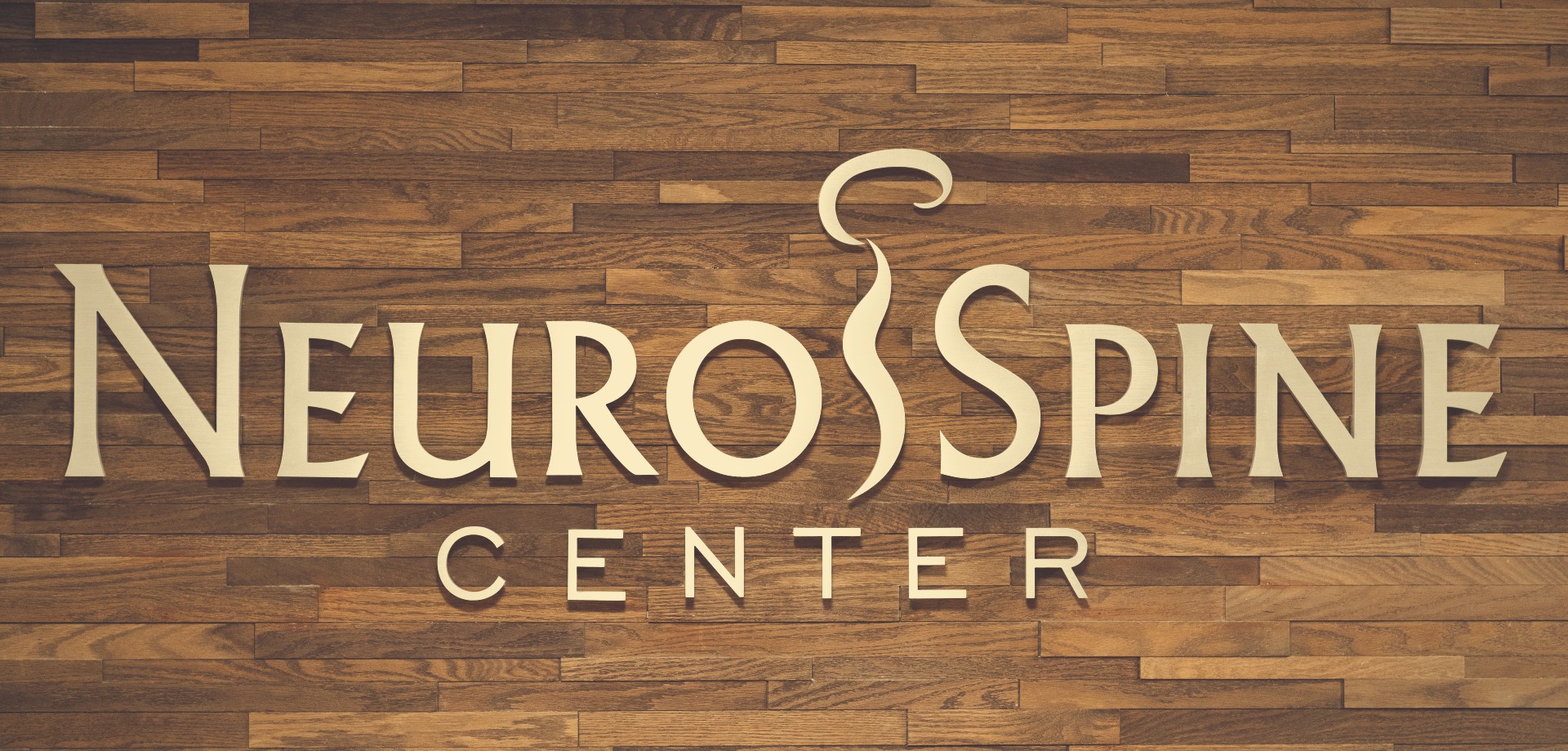About

About Me
Dr. Philip Henkin is a board-certified neurosurgeon in Brandon, Florida. After years of General Neurosurgery, Dr. Henkin has chosen to concentrate on diseases of spinal compression. He specializes in minimally invasive spine surgery (MISS) and complex spinal reconstruction. Henkin is a solo practitioner with privileges at several area hospitals, including St. Joseph’s Hospital - South and Tampa Minimally Invasive Spine and Surgery Center. He has been deftly relieving his patients of acute and chronic back pain for over two decades.
Dr. Henkin’s primary areas of expertise are:
Spinal Fusion
Craniotomy
Brain Surgery
Stroke
Glioblastoma
Aneurysm
Scoliosis
Laminectomy
Brain Tumor
Education
Dr. Henkin did not begin his education with the goal of Neurosurgery in mind. He received a bachelor’s degree in Chemical Engineering from the Massachusetts Institute of Technology (MIT) in 1985. Henkin worked in his field, as an International Engineering Consultant, for a couple of years before deciding to continue his education at medical school. He graduated with his MD, in 1991, from Ohio State University. He completed his surgical residency (1991-1998) at the prestigious Duke University Medical Center.
Practice
Henken Neurosurgery AP has two locations, in Brandon, Florida, and in Ruskin. He is associated with numerous area hospitals, which include:
Brandon Regional Hospital
South Bay Hospital
South Florida Baptist Hospital
HCA Florida Brandon Hospital
St. Vincent’s Medical Center
Doctors Hospital of Sarasota
Of note about Dr. Henkin’s practice is the fact that he shuns fad surgeries in favor of evidence-based, results-driven care decisions. Additionally, in a state with such a high number of retirees, Dr. Henkin’s practice accepts the amount Medicare will compensate as payment in full.
Minimally Invasive Spine Surgery
Not every condition can be treated by this method, but for those that can, MISS can significantly reduce both risk and recovery time for the patient. Some conditions that may be candidates for MIS are:
Herniated disc
Infection in the spine
Narrowing of the spinal canal (spinal stenosis)
Spinal deformities like scoliosis
Removal of a tumor in the spine
Spinal instability
Defect in a part of lower vertebrae (Spondylolysis)
Fractured vertebra
MISS utilizes much smaller incisions and minimizes trauma to nearby muscles and other tissues. A tube-shaped instrument more gently pushes tissues aside to make room for the surgeon to work. Opting for MISS can lead to less risk of infection, less bleeding, less scarring, shorter hospital stays, and better patient functional capacity. Surgical robotics may be utilized, as well as real-time, microscopic imaging. Dr. Henkin holds certification in the Mazor X Robotic System, as well as Computer Image Guidance Technologies.
Complex Spinal Reconstruction
Some conditions are too complex for the minimally invasive surgery option. In the case of severe deformities or extensive damage, “open” surgery may be required. Generally, this should be a last resort, after other treatments, such as physical therapy, braces, and even minimally invasive surgery, have been unsuccessful at relieving pain or restoring function. Some conditions that may require complex spinal reconstruction are:
Spinal tumors
Spinal deformities
Scoliosis
Degenerative disc disease
The open nature of this type of surgery means there is more variability and more risk of complications during surgery. As such, a skilled surgeon with much experience is the best choice. Dr. Henkin has decades of surgical experience and advanced certifications that make him an optimum choice for performing complex reconstructive surgeries.
Dr. Philip Henkin’s patients report a significant decrease in the pain that was caused by a vast array of spinal conditions. In many cases, lives were saved. This is proof positive that a top-notch education and over 20 years of experience produce an exemplary surgeon and optimal patient outcomes.


